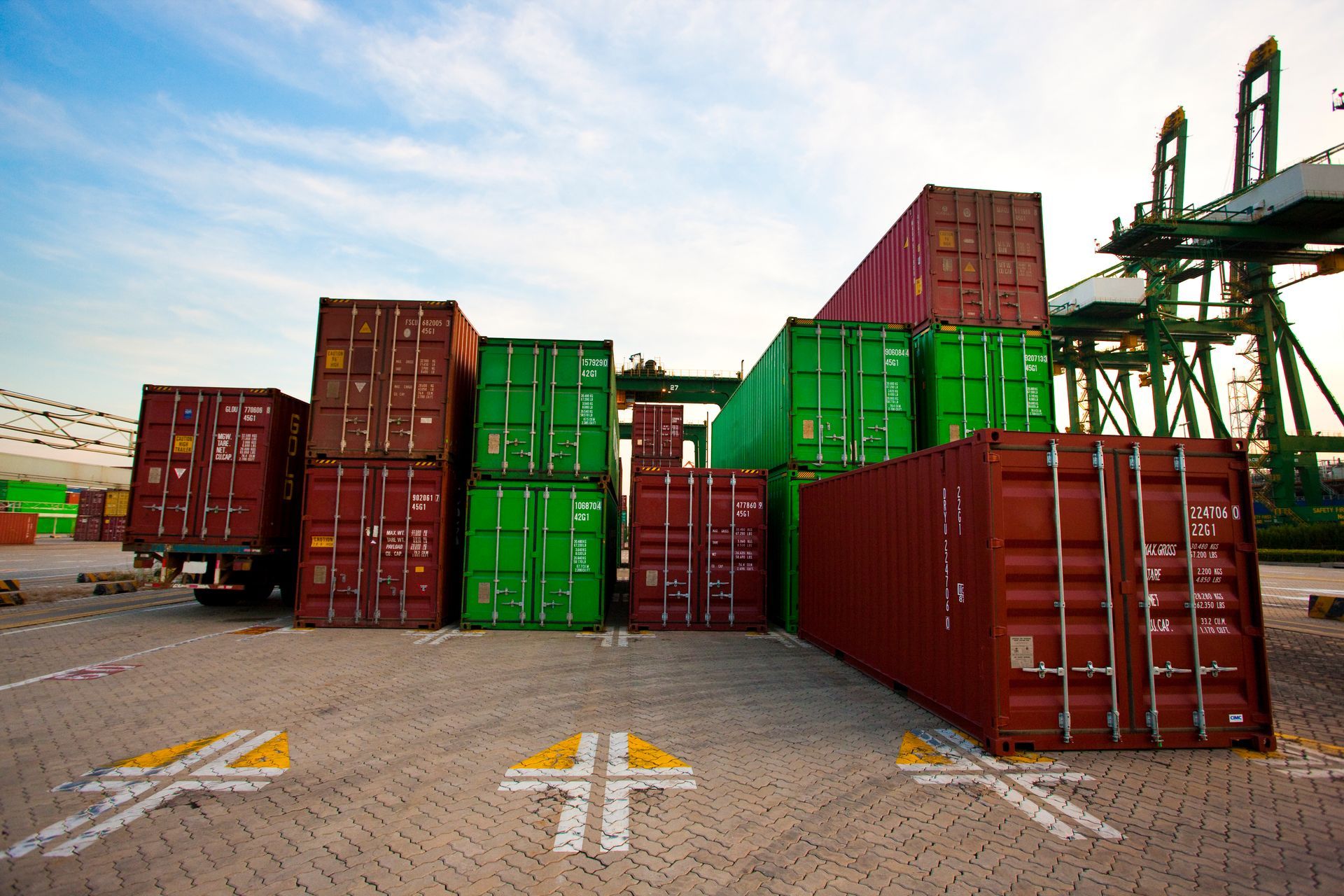Differences between FCL and LCL in the transport of goods
Maritime transport is one of the most commonly used means in the world to move goods from one place to another.
However, no freight is the same, nor does it require the same kind of transport.
Among the options are the FCL (Full Container Load) and LCL (Less than Container Load) models.
What do the initials LCL and FCL mean in transport?
Before we proceed, it is important to know that LCL and FCL refer to the space occupied by the freight inside the container, which is a large-sized metal box used to transport goods from one place to another by sea.
This is why, when we speak of LCL, we are referring to a “Less than Container Load”.
It is a shipping option that allows different people or companies to share the space in a maritime compartment to ship their goods.
Imagine you have a quantity of products that fail to fill a container. In this case, the LCL option is the right choice.
With this option, the transport costs are divided up among all the shared shipments, which is beneficial if you have a small shipment, or you do not require a whole container for your merchandise.
The other option is the FCL, which stands for “Full Container Load”. This option is used when your quantity of goods can fill a maritime container.
In the case of FCL, you retain exclusivity on the container, which means that only your products occupy all the space.
As a result, if you have a substantial amount of articles or you require greater security and control over your shipment during transport, this is the most suitable option.
Differences between LCL and FCL in the Transport of Merchandise
As already mentioned, the FCL involves shipping products in full containers, and paying for the whole occupied space.
The option is usually chosen by transporters who have a large quantity of articles in order to fill the containers.
On the other hand, the LCL involves sharing space with others. Unlike the FCL, in this case, control is not absolute, but the transport costs are shared among several companies.
Choosing between LCL and FCL depends on the volume and weight. LCL is ideal for small shipments, of just 1 cubic meter (CBM) or with a weight under 10 CBM.
On the other hand, if it is over 10 CBM, you are recommended to choose FCL, as the freight is large enough to justify shipment in a whole container.
As far as rates are concerned, the FCL model implies paying the full price, irrespective of whether it is filled or not. In the case of LCL, it usually costs more because you are charged by cubic meters of each shipment.
As for speed, shipments with LCL usually take longer in comparison with those with FCL. This is due to the processes required for classification, loading, unloading and the separation of the goods carried out in each port.
As regards protection, FCL is considered safer, as, due to the fact that the products belong to just one client, there is a lower risk of damage, theft or loss.
At times of great demand, such as peak periods before holidays in China, it can be more complicated to get FCL shipments, whereas LCL does not require you to wait for the container to be fully loaded.
LCL and FCL: Which is better for your freight?
Below are some general recommendations:
- If the freight weighs less than 10 tons or has a volume of less than 15 cubic meters, you are recommended to use LCL, as you can save money and make the most of the space.
- If it weighs more than 10 tons and has a volume of over 15 cubic meters, it is best to use FCL because you are guaranteed safety and rapidity in your shipment.
- If its value is very high or it is very delicate, it is more practical to use FCL, as it lowers the risk of loss or damage.
- If you have a tight deadline or you require special coordination, the FCL is ideal because you avoid delays or inconveniences caused by other freight or intermediaries.
It is essential that you hire a good agent or logistics company to provide orientation and alternatives so as to guarantee a fluid and efficient experience.
If you would like to have a professional personalized advisory service on maritime transport, you are welcome to contact us.



